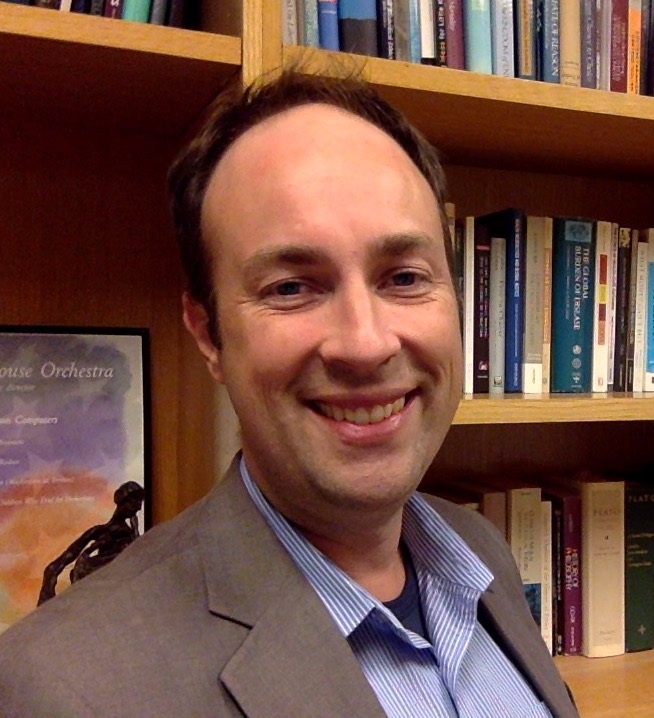
I'm an associate professor of philosophy at Claremont McKenna College.
I got here by way of a Ph.D. at Harvard and a post-doc at the now-defunct
Harvard Program in Ethics and Health. I've also spent some time at Princeton's University Center for Human Values and
the University of Washington's Institute for Health Metrics and Evaluation. I plan to spend part of next year at UC-San Diego's
Institute for Practical Ethics. Here's my CV.
My research and teaching cover a range of topics in ethics, political philosophy, bioethics,
the philosophy of disability, and the philosophy of science. Right now, I'm especially focused on
promoting work in what I call the political philosophy of science: using concepts, tools, and methods
drawn from political philosophy to shed light on the value-laden decisions scientists must make.
These decisions - concerning, for example, how scientists should define contested terms like 'employment'
or 'sexual assault'; how they should manage uncertainty; how they should set parameters like the economic
discount rate; or how they should choose among statistical
representations of their results - are commonly discussed by philosophers and other scholars of science using the concepts, tools, and methods characteristic of ethics. But, in many cases, the right
thing to do in a substantive ethical sense can diverge from what is politically legitimate. (A government
official, for example, might be obliged to follow the instructions of a superior or abide by the will
of the public, even if she knows that an alternative course of action would be better for the
community.)
I argue that in a wide range of cases scientists should seek to ground their work in values that
are politically legitimate (rather than values that are optimal in a substantive ethical sense). Doing so,
I think, has many potential benefits, including more informed policy-making, the possibility of more
meaningful public debate, increased public trust in science, and greater ease in combatting misuses of science.
I am currently trying to work out the details of what this would involve. In the near future,
I hope to work with scientists to see how these ideas could be put into practice.
(If you're a political philosopher
or political theorist interested in scientists' value judgments,
a scientist interested in thinking about those aspects of your work, or a social scientist
with experience in deliberative polling, I'd love to hear from you! I expect to organize a conference or workshop
on these topics in the near future.)